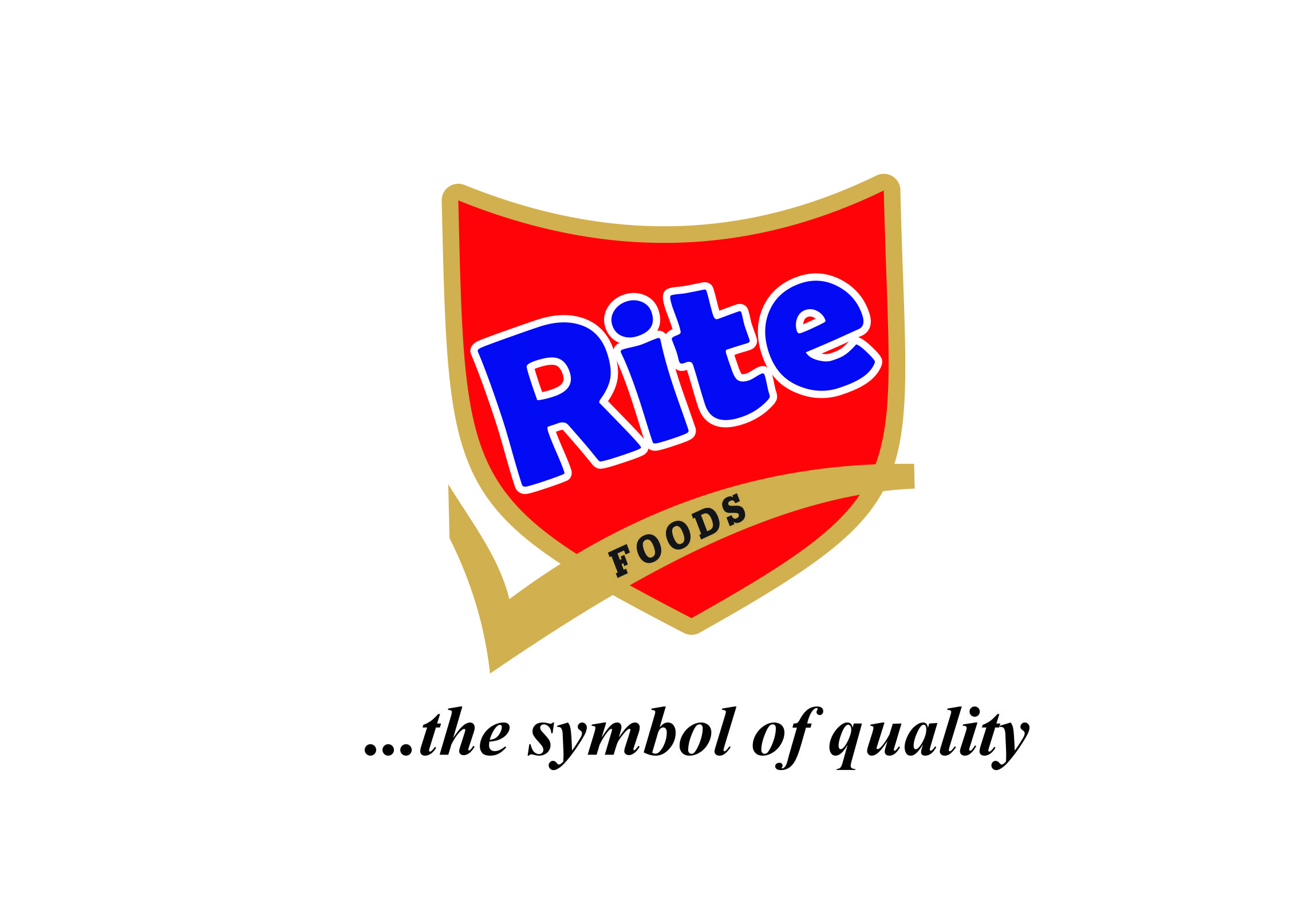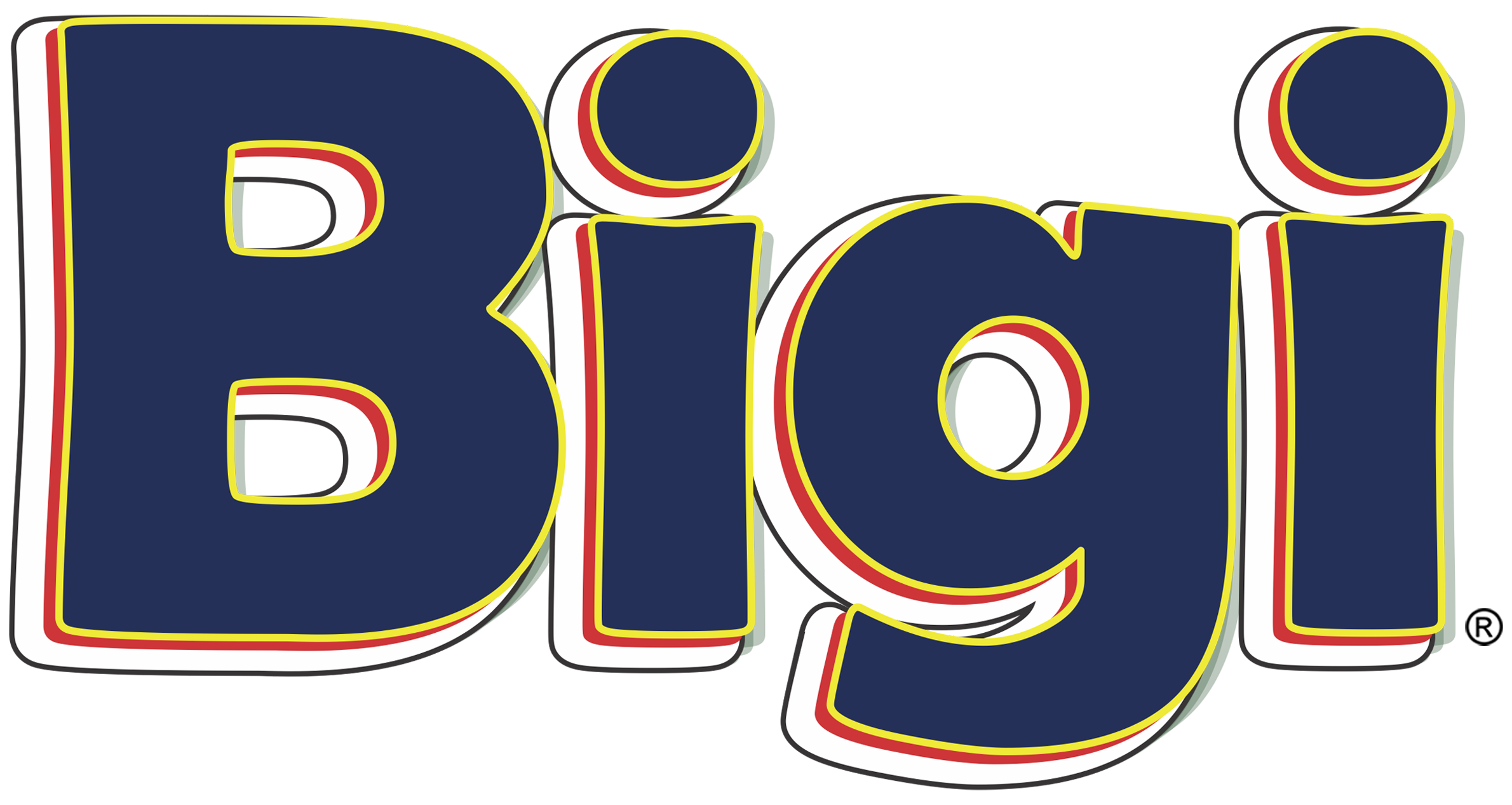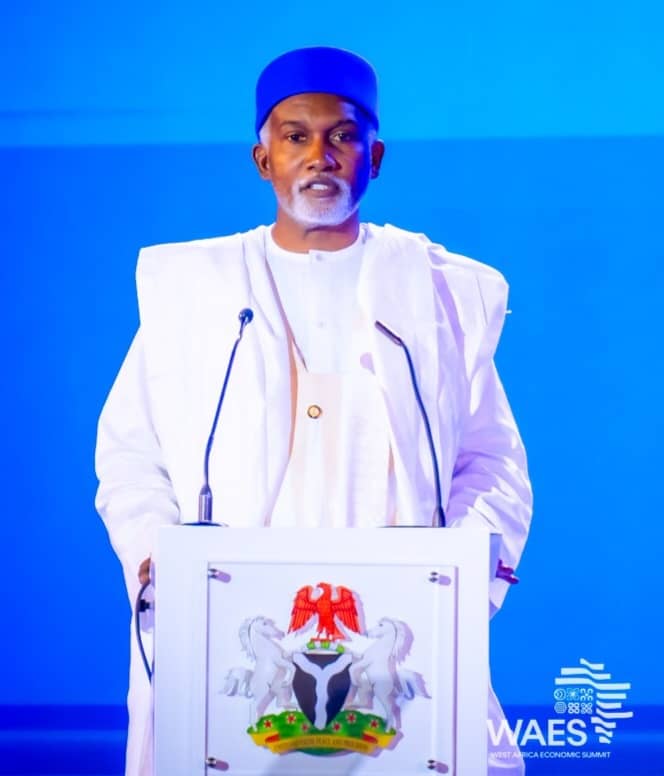The Central Bank of Nigeria (CBN) has announced a reduction of fees for electronic banking operations in its published guidelines to banks and other financial institutions on Thursday, 27 January 2022. The guideline was signed by Chibuzor Efobi, for the Director, Financial Policy and Regulation Department of CBN.
The CBN revealed the right bank charges in response to Nigerians’ complaints about high bank charges.
The apex bank also announced a decrease in electronic costs, one of the contentious issues between banks and customers.
Nigerian banks are making a lot of money from electronic transactions, having made over N200.45 billion from e-business transactions
The guideline included review of other bank charges to align with market developments and was first published in 2004 and revised in 2013, 2017 and 2020.
Part of the CBN guidelines also comprised sections designed to directly address instances of excess unapproved, (arbitrary) charges.
The News Agency of Nigeria (NAN) reports that the CBN has the mandate to issue the guide to bank charges.
Here are some of the major electronic charges
- The annual cost for foreign currency (FCY) denominated cards has been cut from $20 to $10.
- ATM fees are decreased from N65 to N35 following the third withdrawal within a month.
- The fee for hardware tokens will be based on cost recovery, with a maximum charge of N2,500, as opposed to the previous maximum charge of N3,500.
- The fee for SMS obligatory alerts will be based on a cost-recovery from the previous maximum price of N4.
- Bill payments made through e-channels will incur a maximum fee of N500 based on 0.75 percent of the transaction amount up to a maximum of N1,200.
- A pricing scale for electronic transfers to replace the present N50 flat cost. As a result, transactions below N5,000 would incur a maximum fee of N10; transfers between N5001 and N50,000 will incur a charge of N25; and transfers above N50,000 will incur a charge of N50.





























Leave a Reply